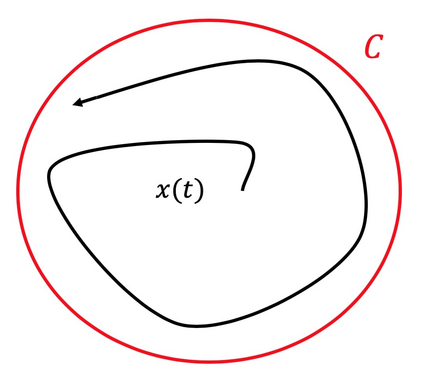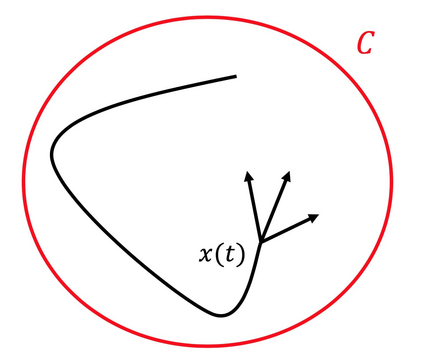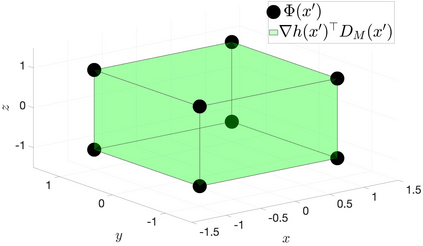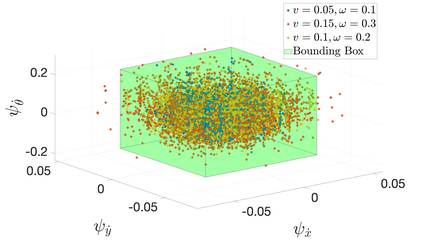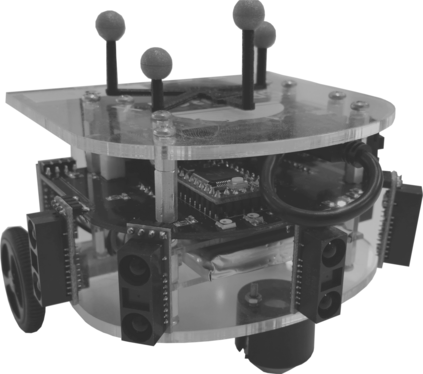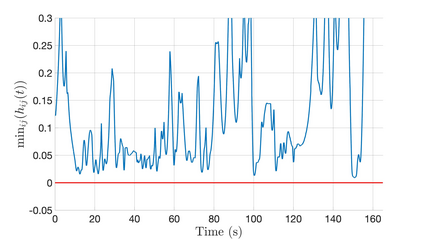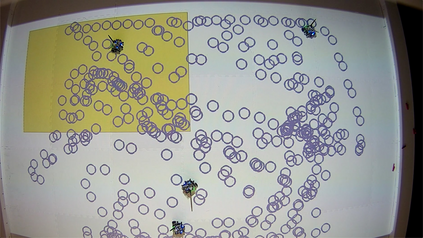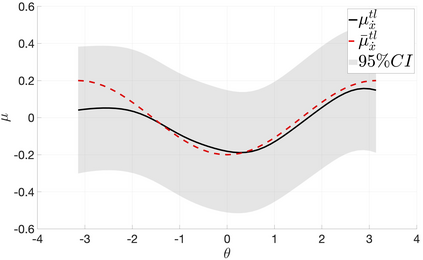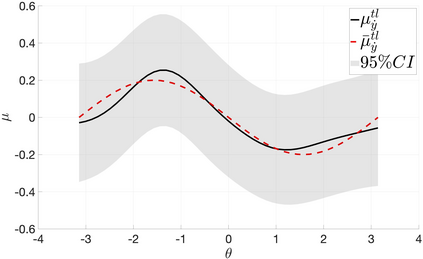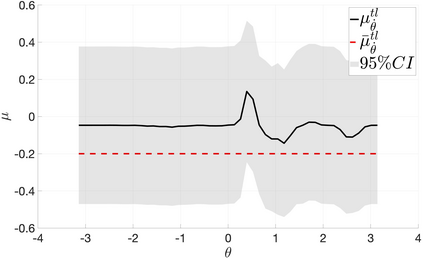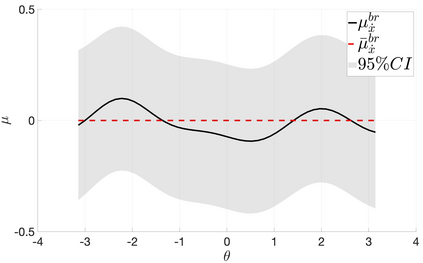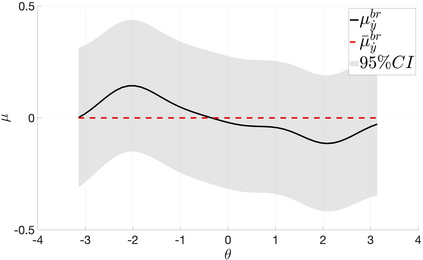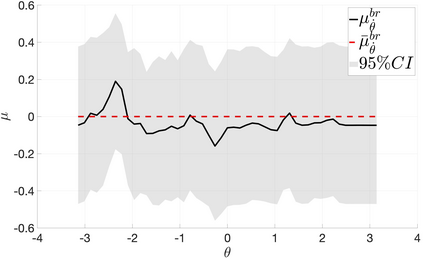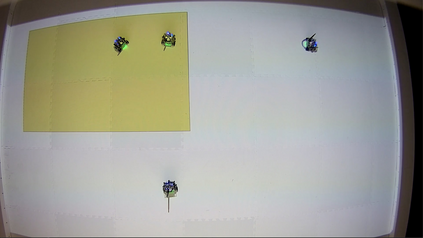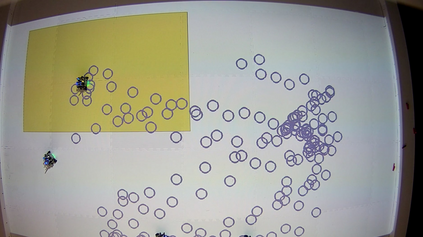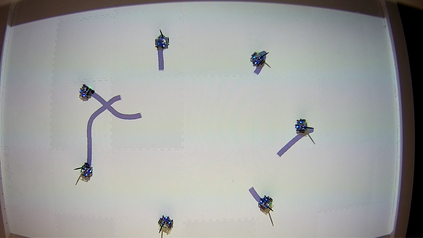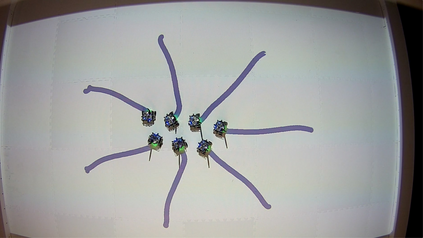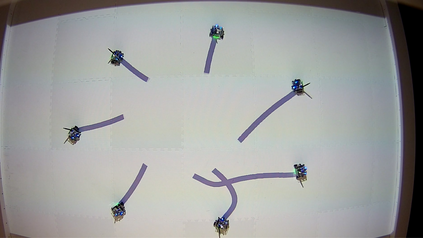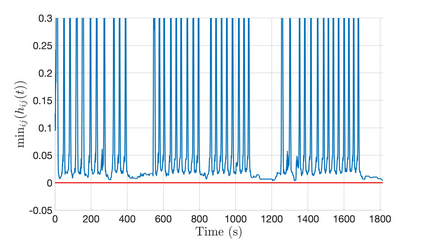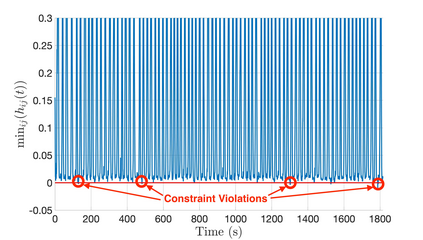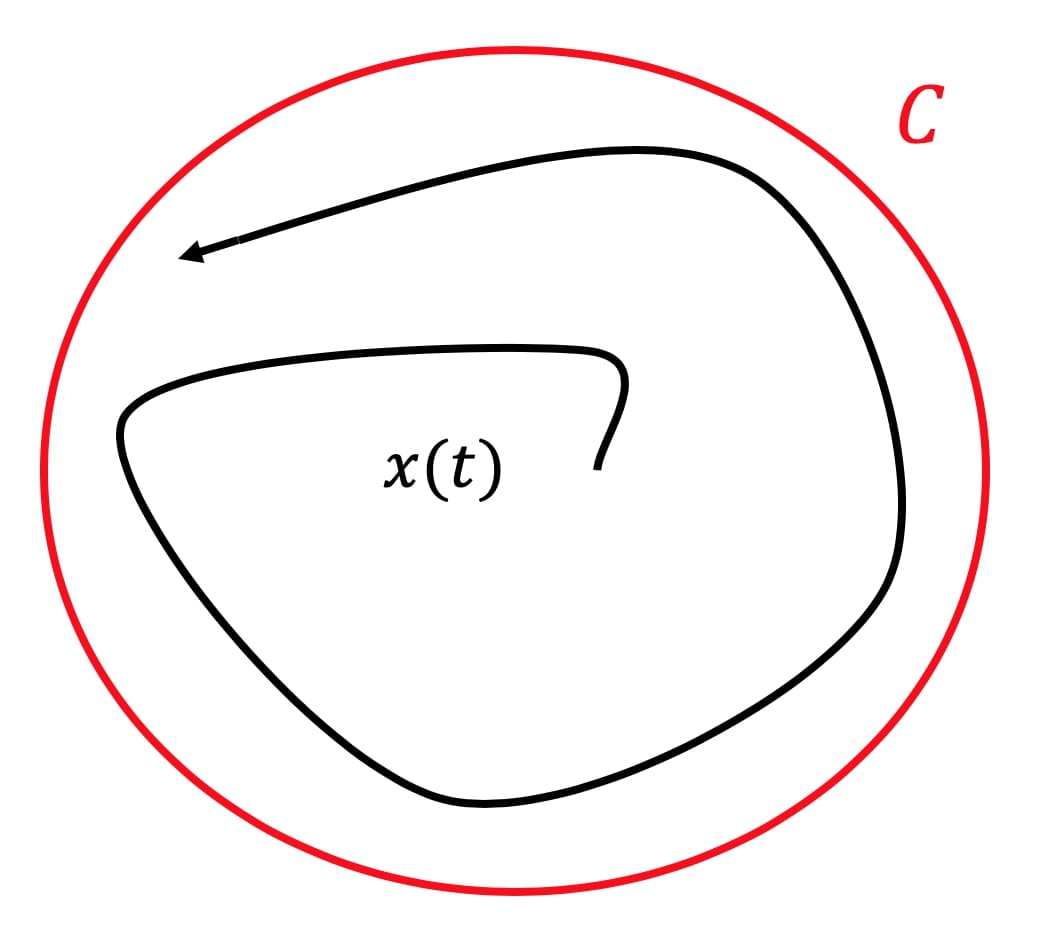Applications that require multi-robot systems to operate independently for extended periods of time in unknown or unstructured environments face a broad set of challenges, such as hardware degradation, changing weather patterns, or unfamiliar terrain. To operate effectively under these changing conditions, algorithms developed for long-term autonomy applications require a stronger focus on robustness. Consequently, this work considers the ability to satisfy the operation-critical constraints of a disturbed system in a modular fashion, which means compatibility with different system objectives and disturbance representations. Toward this end, this paper introduces a controller-synthesis approach to constraint satisfaction for disturbed control-affine dynamical systems by utilizing Control Barrier Functions (CBFs). The aforementioned framework is constructed by modelling the disturbance as a union of convex hulls and leveraging previous work on CBFs for differential inclusions. This method of disturbance modeling grants compatibility with different disturbance-estimation methods. For example, this work demonstrates how a disturbance learned via a Gaussian process may be utilized in the proposed framework. These estimated disturbances are incorporated into the proposed controller-synthesis framework which is then tested on a fleet of robots in different scenarios.
翻译:要求多机器人系统在未知或无结构环境中长期独立运行的多机器人系统需要长时间独立运行,面临一系列广泛的挑战,如硬件退化、天气模式变化或地形不熟悉。为了在这些不断变化的条件下有效运作,为长期自主应用开发的算法需要更注重稳健性。因此,这项工作考虑到以模块方式满足被扰动系统的操作关键限制的能力,这意味着与不同系统目标和扰动表现的兼容性。为此,本文件采用一种控制器合成方法,通过使用控制屏障功能(CBFs)来限制被扰动的控制室活性系统的满意度。上述框架的构建方式是模拟扰动,将锥形船体结合成一个模型,并利用以前在CBFS上的工作来进行差异整合。这种扰动模拟方法可以与不同的扰动估计方法兼容性。例如,这项工作表明如何在拟议框架中利用通过高斯进程所学的扰动。这些估计的扰动将被纳入拟议的控制器合成框架,然后对不同情景的机器人群进行测试。

